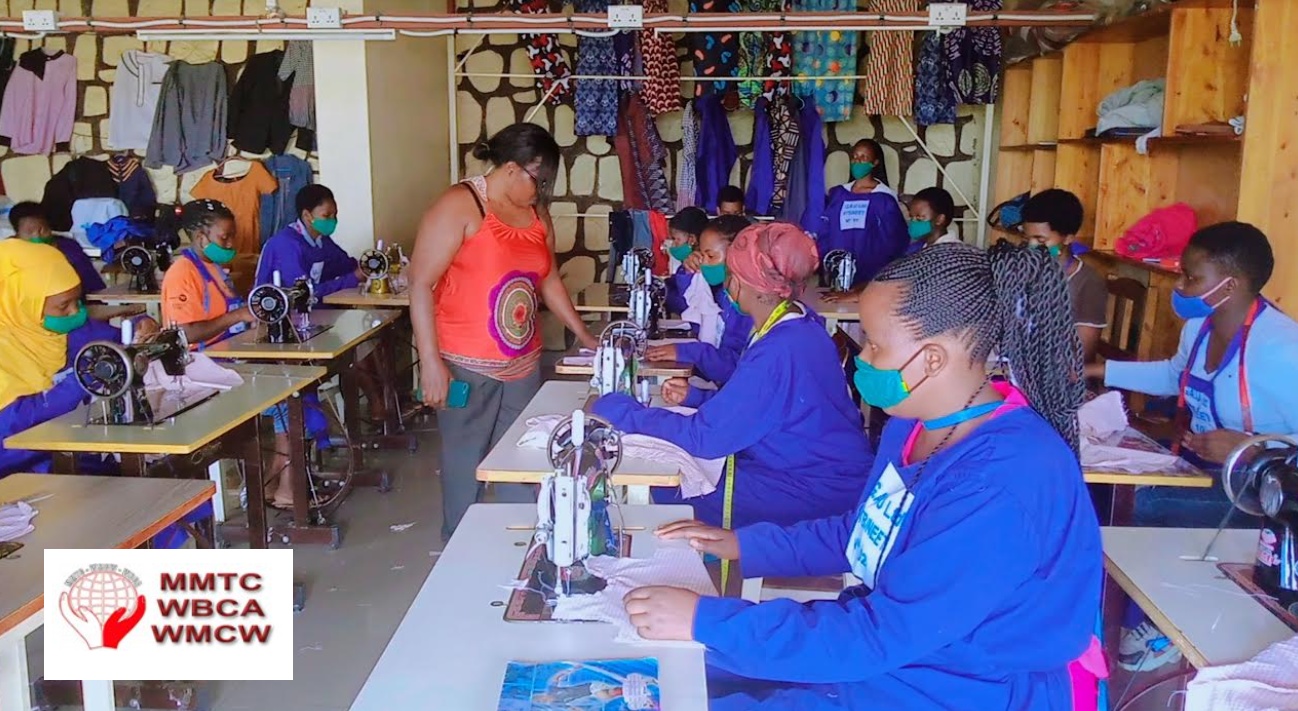
”Accelerating Gender Equality through Women’s Economic Justice”
The International Women Day comes every year as a global day established by the United Nations in 1972, to celebrate the social, economic, cultural, and political achievements of women, while also making a call to action for strengthening gender equality and accelerating women’s empowerment. It is the opportunity to examine the pathways to greater inclusion for women and girls everywhere, as well as to unlock the capacities of women to learn, earn, lead, and ensure the goal of Social Justice in the Economy is met as key milestone of investing in women.
For almost a decade now, the World Movement of Christian Workers has been publishing a message to mark its solidarity with the efforts made by various institutions to empower women. This year's message is a testimony from the Movement in Rwanda to the situation of women in that country.
In Rwanda, Gender equality and women's empowerment are achievable goals in the journey of transformation. Since 2003, when Gender equality was included in the constitution, stipulating 30% female representation in decision-making organs, implementing policies for women's development has become easier where by this has driven stronger advocacy for women's issues, resulting in the adoption of gender-sensitive policies and affirmative actions.
Notably, initiatives in education and entrepreneurship offer collateral support for bankable projects, particularly benefiting women and youth, fostering their participation in leadership and economic development. These efforts have positioned Rwanda at the forefront, with the majority of female representation in parliament at 61.3%. Despite advancements in Gender equality, challenges still persist for women in both rural and urban areas regarding their participation in existing markets, control over productive resources, and access to decent work, hindering their economic justice. The latest labor force survey (LBS) in Rwanda indicates that although overall labor force participation stands at 52.9%, women's participation remains notably lower at 44.4%, compared to 62.5% for men.

In response to some of the above-mentioned barriers, MTC Rwanda and other likeminded stakeholders are implementing programs to accelerate women’s economic empowerment through empowering women and girls with financial literacy trainings, vocational trainings, agricultural value chain projects, support Saving and Loan groups and facilitate their linkage with financial institutions to boost their access to finance. In addition, women are also supported through business mentorship programs, professional tools and networks in order to turn their ideas into successful businesses. The policy advocacy is also done to ensure equitable conducive environment for both females and males’ economic development.
Justice and fairness, in all their forms, are virtues that we Christians are called to cultivate, practice and disseminate (Proverbs 21:3; Micah 6:8). Let us unite and continue the fight for a gender equal world. A world free of bias, stereotypes and discrimination, negative gender, cultural and social norms. A world that is diverse, equitable and inclusive. A world where difference is valued and celebrated. Together we can forge Social Justice in the Economy for Women’s Lives.
Message written by MTC - RWANDA
Pictures by MTC Rwanda




